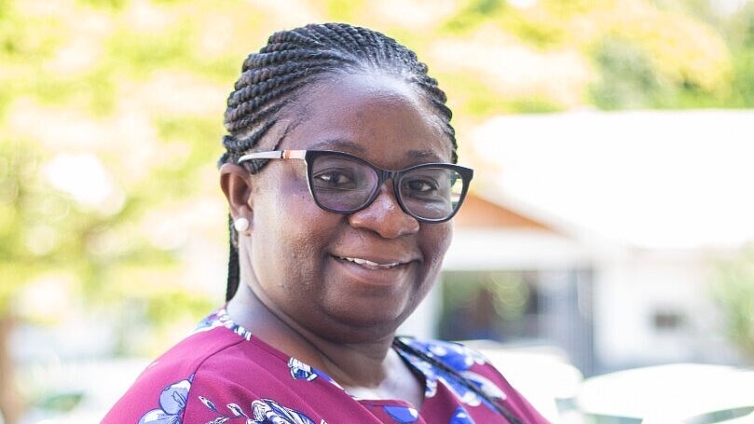A research fellow with the One Health Bacteriology Group at the Kumasi Centre for Collaborative Research in Tropical Medicine, Dr. Mrs. Charity Wiafe Akenten, is calling for policies to tackle antimicrobial resistance.
She particularly wants it in areas of innovation, development of new antibiotics, diagnostic tools, and alternative treatments.
“Collaboration across borders is essential in tackling this global crisis. It is a call to action for governments, healthcare professionals, researchers, and the public to work together.
“Antimicrobial resistance jeopardizes our ability to combat infections and diseases effectively. It undermines medical advancements, endangers lives, and poses a significant risk to global health security,” Dr. Mrs. Wiafe Akenten added while commemorating the 2023 AMR Week celebration.
Antimicrobials are medicines used to prevent and treat infections in humans, animals, and plants. They include antibiotics, antivirals, antifungals, and antiparasitics.
Antimicrobial resistance is the result of bacteria, viruses, fungi, and parasites changing over time to the point where they cease to respond to medication, making infections more difficult to treat and raising the possibility of disease spread, serious illness, and death.
Antimicrobial resistance (AMR) is one of the top ten (10) global public health threats currently facing humanity. Since AMR makes even relatively basic diseases more difficult to treat, it is countries with the least developed healthcare systems that are most affected by this global menace.
Dr. Mrs. Wiafe Akenten explained that the cause of AMR is multifaceted. She stressed on the importance of addressing these roots through education and behavior change.
“Misuse and overuse of antibiotics in healthcare, agriculture, and animal husbandry contribute significantly to this crisis.
“We must address this misuse through education, better prescribing practices, and enhanced stewardship.
“It is not just about reducing antibiotic use, it is about using these life-saving medications wisely and ensuring access for those in need while safeguarding their effectiveness for future generations,” she said
Dr. Akenten urged all stakeholders to embrace the theme for the 2023 AMR awareness week, “Preventing Antimicrobial Resistance Together”.
“Each one of us has a role to play in this battle. Whether we are healthcare providers, policymakers, educators, or individuals, our choices matter.
“Small changes in behavior, prescribing practices, and hygiene routines collectively make a substantial impact.
“Let us not underestimate the power of awareness and collective action,” she encouraged.
Latest Stories
-
My sister inspired me to start a fashion business – Diana Hamilton
5 minutes -
SIC Insurance PLC donates 50 laptops to KNUST
10 minutes -
I turned down specific brands because of my faith – Diana Hamilton
14 minutes -
‘Those who validate ghosts will pay’ – Finance Minister declares war on public sector payroll fraud
20 minutes -
GN Bank Chicago declared safe and sound by U.S. regulator
28 minutes -
Dando Manufacturing wins top honours for excellence in specialised drilling equipment and engineering solutions
39 minutes -
Private citizen donates patrol vehicle to Nkawie Police to boost crime prevention
48 minutes -
Gov’t has worked hard to stabilise exchange rate, it’s time to lower prices – Finance Minister tells businesses
51 minutes -
GJA orders re-run of Ashanti Regional Chairperson elections
56 minutes -
Gov’t to deploy AI at ports to curb revenue leakages – Finance Minister
58 minutes -
NPA scandal: Two more co-accused granted bail after meeting requirements
1 hour -
Gov’t launches forensic audit of stalled projects following loan discrepancies – Finance Minister
1 hour -
Minority Caucus demands repeal of L.I. 2462 as galamsey threat deepens
1 hour -
Full text: 2025 Mid-Year Budget Review presented by Finance Minister
1 hour -
State actors shielding galamsey networks – Minority Caucus alleges
1 hour

